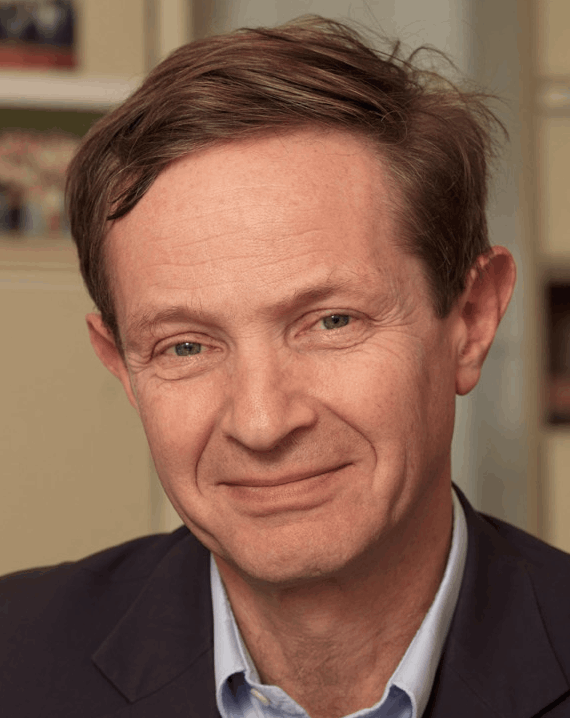Plenary Speaker
Biography
Sebastien Candel is a University professor emeritus at CentraleSupélec, University Paris-Saclay. He obtained an engineering degree from Ecole Centrale Paris, a PhD from the California Institute of Technology and a Science Doctorate from UPMC (University of Paris 6). His research in the field of combustion focused on flame structures, dynamics and control of combustion, modeling and simulation of turbulent flames, transcritical combustion of cryogenic propellants and his fundamental contributions to the field of aeroacoustics have applications in the energy sector and in the aeronautical and space propulsion domain. Among many distinctions, Sébastien Candel has received the CNRS silver medal, the Marcel Dassault Grand Prize of the French Academy of sciences, the Pendray aerospace literature award of the AIAA, the silver and gold (Zeldovich) medals both from the Combustion Institute. Sebastien Candel is currently chairing the scientific council of EDF. Member and former president of the French Academy of sciences, he is a founding member of the French Academy of Technologies and a foreign member of the National Academy of Engineering of the United States and of the Chinese Academy of Engineering.
< Home
The Future of Air Transportation: Outlook for Electric and Hydrogen Aircraft
Sébastien Candel, Véranika Latour, Nicolas Vaysse, Antoine Renaud, and Daniel Durox
Abstract
Reduction of CO2 emissions motivated by climate change constitutes a major challenge for society as a whole as it implies a transition from large scale utilization of fossil fuel sources to low carbon energies. The difficulties that will rise from this transition are often underestimated by the public and by decision makers. The challenge for the aviation industry is considerable because this sector has limited alternatives for carbon-neutral power and energy of the kind that exist for ground-based systems which may rely on more wind, solar, hydroelectric, geothermal and nuclear sources of energy. Although aviation is only a minor contributor to the total green house gas output it is committed to reduce its emissions and bring the level to net zero by 2050. This may be conceptually feasible by combining actions in complementary directions. One option consists in pursuing technological improvements in propulsion, aircraft aerodynamics and structural design, a track which has already allowed considerable reductions in fuel burn. The corresponding evolutionary improvements in efficiency are certainly valuable but their potential is limited. A second track that is envisioned is to replace current kerosene fuel by sustainable aviation fuels (SAFs) derived from renewable carbon sources like biomass and hydrogen obtained from low carbon electric energy. More disruptive paths to decarbonization rely on electrically powered aircraft or on hydrogen propulsion. These revolutionary concepts are the subject of scientific and technological evaluation as well as considerable research and development. The objective of this presentation is to provide a comprehensive assessment of these two options starting from basic principles. The focus will be on identifying limitations of current electrical storage and drive units for reducing commercial aviation emissions. A second objective will be to assess the potential of hydrogen aircraft and analyze some of the key challenges in the utilization of hydrogen as a fuel.

